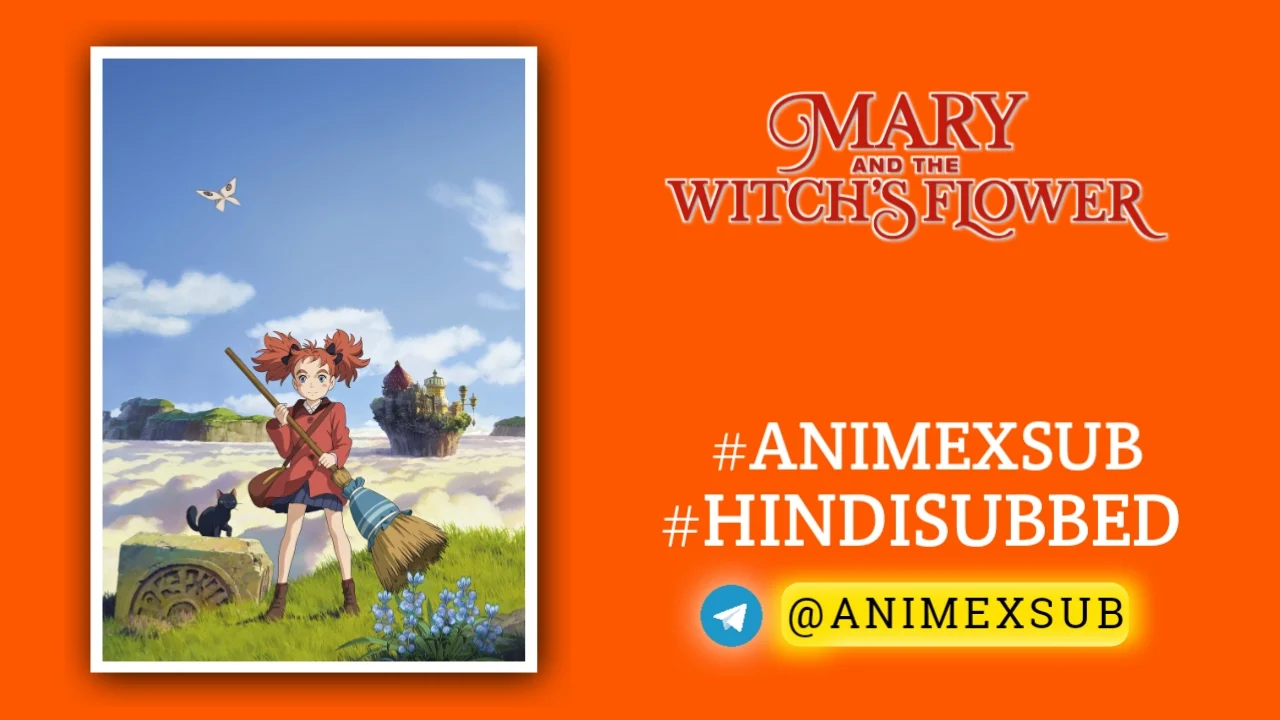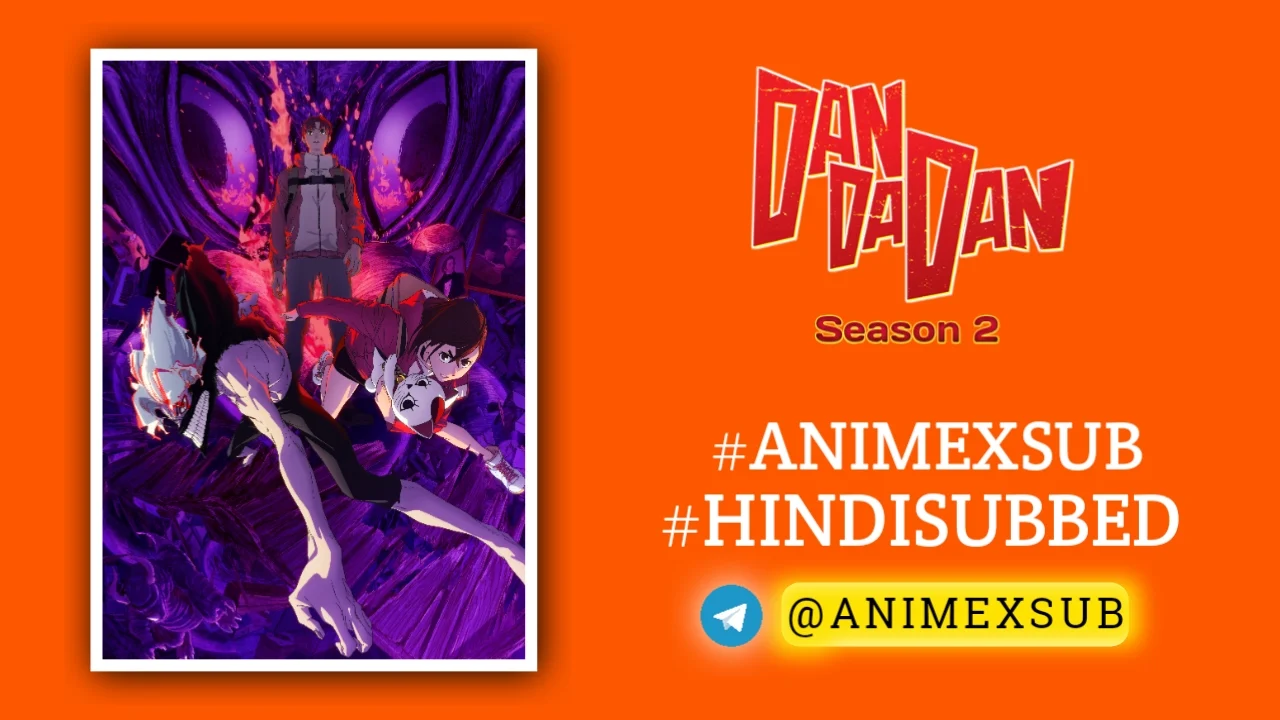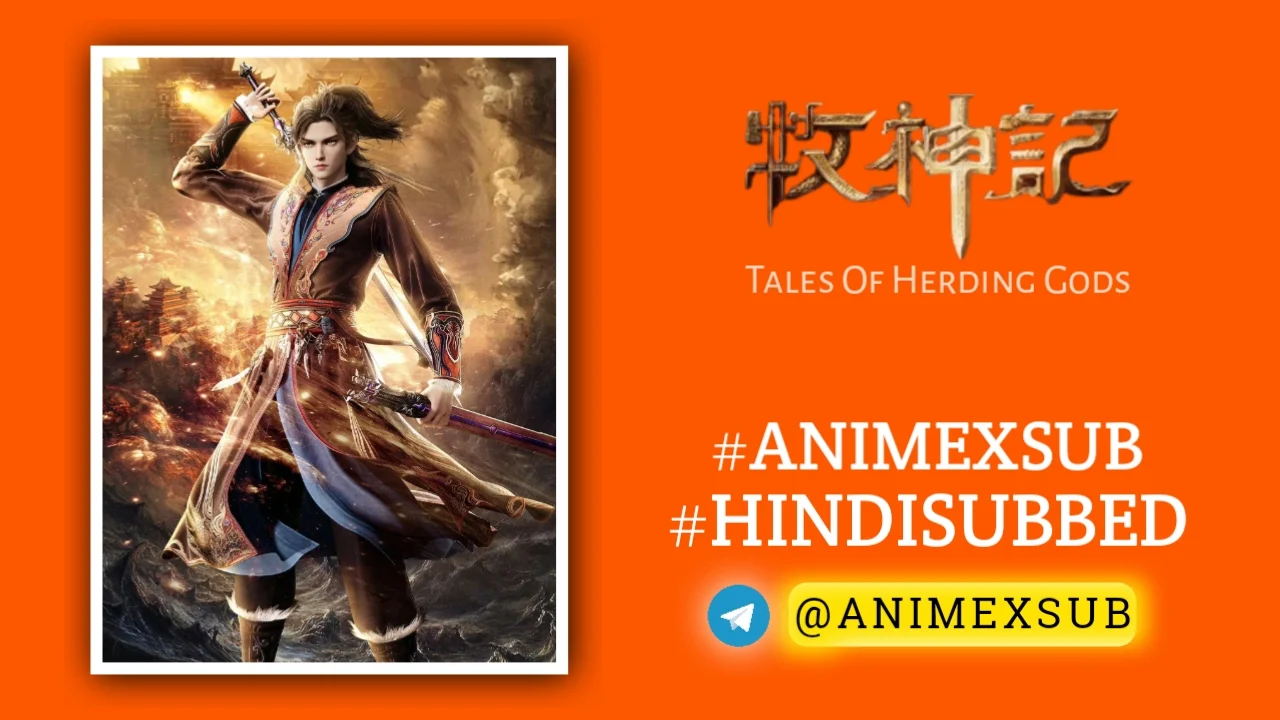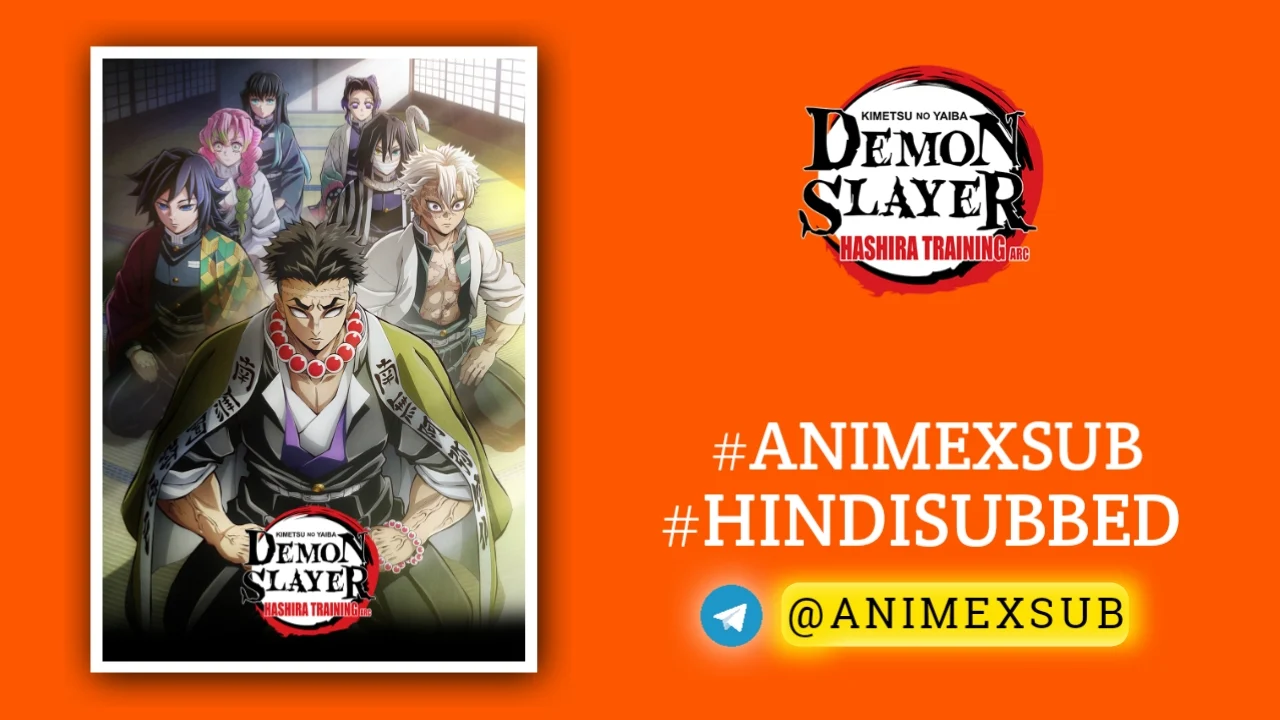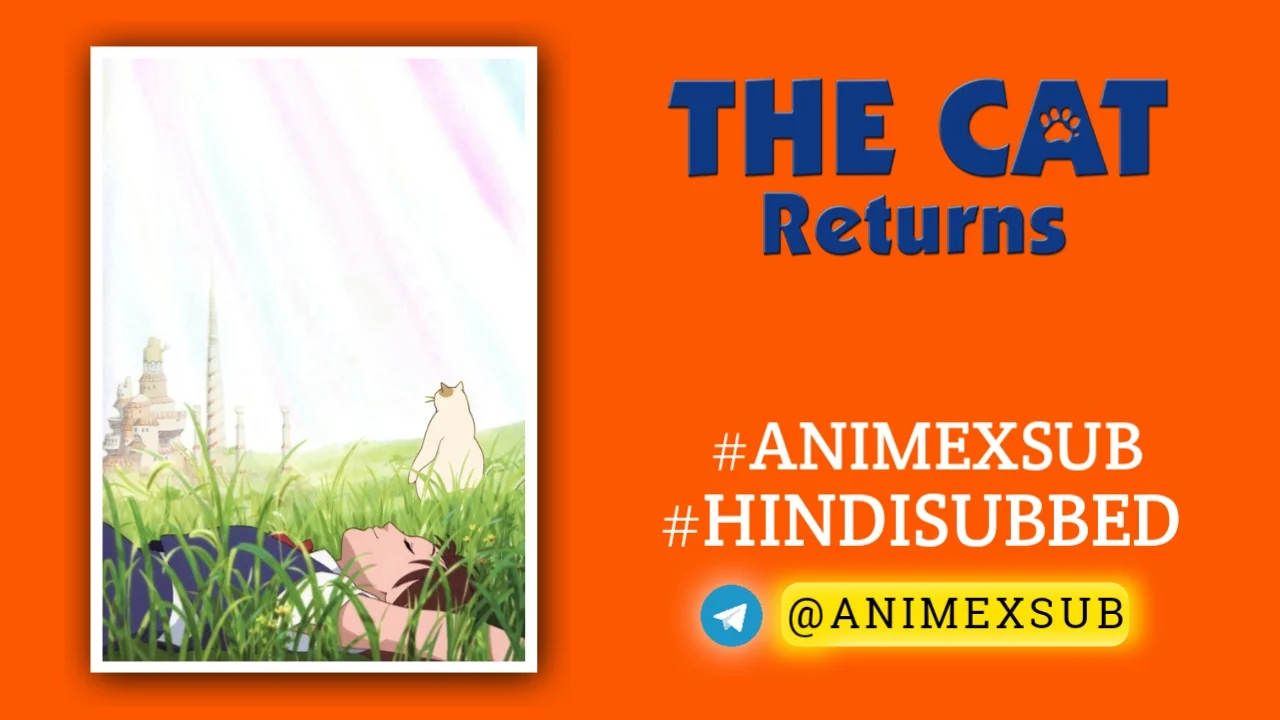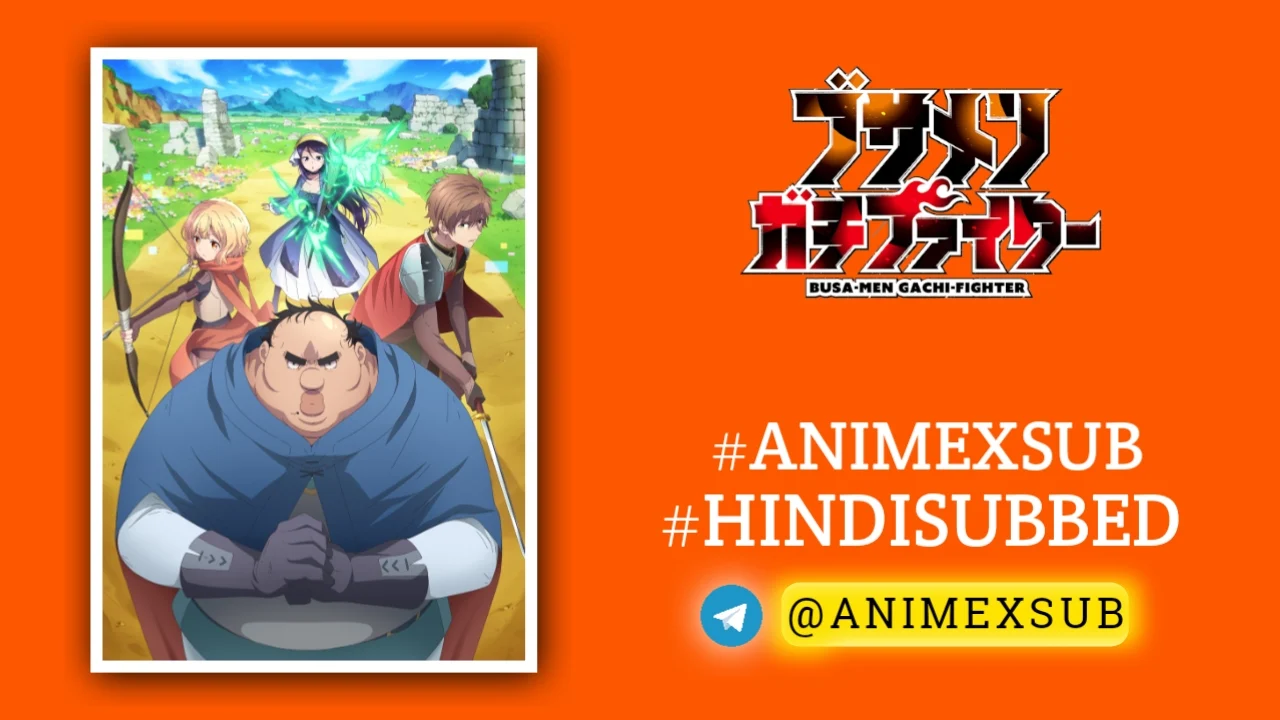
Uglymug, Epicfighter Hindi Subbed [09/12] | Busamen Gachi Fighter Hindi Sub

Busamen Gachi Fighter
Uglymug, EpicfighterSynopsis
His looks are -255, touching girls causes him pain, and sexual acts will literally tear him apart. Just what can our ex-salesman Shigeru get in the other world in exchange for such inconveniences...? This is an epic tale of one very ugly, but ridiculously strong man! (Source: Manga UP!)
Watch Trailer
Characters
Episodes
How To Download Tutorial
Uglymug, Epicfighter Season 1: A Bold, Flawed Isekai Experiment
Uglymug, Epicfighter (Busamen Gachi Fighter), which premiered on July 6, 2025, on Crunchyroll, is an anime adaptation of Ryō Hiromatsu’s web novel and Osamu Kozuki’s manga, produced by White Fox. This 12-episode first season dives into the isekai genre with a premise that’s both intriguing and divisive: what happens when an unattractive, socially broken protagonist trades everything for godlike power in a fantasy world? Below is a detailed, spoiler-light review of Season 1, exploring its narrative, characters, themes, and execution, while critically examining its strengths and shortcomings.
Premise and Narrative Structure
The story follows Shigeru Yoshioka, a 34-year-old ex-salesman who becomes a recluse after a false accusation of misconduct costs him his job and trust in others, particularly women. Stumbling upon a mystical online ritual, Shigeru is transported to a gamified fantasy world, where he sacrifices his already modest looks for “100 trillion and 5,100 parameters,” becoming an “Absolute God” with unmatched strength but a -255 attractiveness stat. Physical contact with women causes him pain, and intimacy could be fatal, adding layers of complexity to his journey.
Season 1 covers Shigeru’s initial adventures in this new world, joining a party with Seika (a wheelchair-bound healer), Seiji (a brash swordsman), and Leeds (a cunning mage). The narrative blends action, comedy, and psychological drama, focusing on Shigeru’s struggle to rebuild trust and find purpose while grappling with his overpowered abilities and debilitating curses. The story draws from the web novel’s early arcs, roughly aligning with manga chapters 1–10, but condenses and reworks elements for pacing.
Strengths of the Narrative
The premise stands out in the crowded isekai genre by subverting the typical “chosen hero” trope. Shigeru’s unapologetic ugliness and social anxieties make him a refreshing protagonist, offering a lens into themes of self-worth and societal judgment rarely explored with such rawness. The show’s early episodes shine in depicting Shigeru’s internal conflict—his fear of betrayal clashes with his desire for connection, creating compelling character-driven moments. For example, his hesitation to join Seika’s party in episode 2 feels authentic, grounded in his trauma rather than plot convenience.
The world-building is another highlight. The gamified system, with its absurd stat allocations and curses, is both humorous and narratively functional, providing stakes despite Shigeru’s overwhelming power. The show hints at a deeper mystery about the world’s mechanics and the identities of Shigeru’s companions, which keeps viewers engaged. Episode 3, in particular, introduces subtle clues about Leeds’ cunning nature, sparking fan speculation about her connection to Shigeru’s past.
Weaknesses of the Narrative
However, the narrative stumbles in its pacing and tonal inconsistency. The first half of the season leans heavily on action and slapstick comedy, often undermining the psychological depth of Shigeru’s character. By episode 6, the focus shifts abruptly to repetitive power-fantasy battles, diluting the emotional weight of earlier episodes. The show’s attempt to balance humor, trauma, and action feels uneven, as if unsure whether it wants to be a satire or a serious drama.
Additionally, the handling of Shigeru’s false accusation—a pivotal plot point—is divisive. While it aims to address real-world issues like false allegations, the execution feels heavy-handed and risks trivializing a sensitive topic. Some viewers have criticized this as “disrespectful” or “pathetic,” particularly in how it shapes Shigeru’s misogynistic tendencies, which the show doesn’t fully unpack.
Characters and Dynamics
Shigeru, voiced by Junichi Suwabe, is the heart of the series. Suwabe’s gravelly, emotive performance captures Shigeru’s vulnerability and rage, making him sympathetic despite his flaws. His journey from a broken shut-in to a reluctant hero is compelling, though the show doesn’t always give him room to grow beyond his trauma.
The supporting cast—Seika (Konomi Inagaki), Seiji (Kento Shiraishi), and Leeds (Maaya Uchida)—adds color but feels underdeveloped. Seika’s kindness and disability offer a counterpoint to Shigeru’s cynicism, but her backstory is only hinted at. Seiji’s hotheadedness borders on caricature, while Leeds’ enigmatic scheming steals scenes but lacks resolution in Season 1. The party dynamic is entertaining, particularly in quieter moments like episode 4’s campfire scene, but the show leans too heavily on Shigeru, leaving others as plot devices.
Themes and Social Commentary
Uglymug, Epicfighter attempts to tackle heavy themes: beauty standards, social isolation, and the consequences of false accusations. Its critique of appearance-based judgment is potent, especially in a genre filled with idealized protagonists. Shigeru’s -255 attractiveness stat is a bold metaphor, forcing him to navigate a world where his worth is tied to power rather than looks. However, the show’s reliance on “ugly” jokes risks undermining its own message, as some gags feel mean-spirited rather than subversive.
The exploration of trust and trauma is the series’ strongest thematic thread. Shigeru’s fear of women, rooted in his past, is portrayed with nuance in early episodes, but the show shies away from fully confronting his biases, leaving them unresolved by the finale. This hesitation, combined with the controversial framing of false accusations, has sparked debate among viewers, with some praising the boldness and others finding it tone-deaf.
Animation and Sound
White Fox delivers solid animation, with fluid action sequences that highlight Shigeru’s absurd strength—think thunderbolts and crater-punching fists. The fantasy world’s vibrant designs, from lush forests to gritty battle arenas, are visually engaging, though not groundbreaking. Character designs, particularly Shigeru’s grotesque appearance, are intentionally jarring, reinforcing the story’s themes.
The soundtrack, composed by an uncredited team, is serviceable but forgettable, with generic fantasy motifs. The opening theme, however, is a standout, blending gritty rock with cryptic visuals that hint at future plot twists. The voice acting, particularly Suwabe’s, elevates the emotional stakes, though some side characters’ performances feel flat.
Reception and Impact
Fan reactions are polarized. On Reddit’s r/anime, episode 1 garnered 375 votes and 240 comments, with some praising the unique protagonist and others decrying the repetitive isekai tropes. MyAnimeList forums highlight the show’s “harmless fun” but note concerns about creepy age gaps and tonal shifts. Anime News Network’s review of the manga’s early chapters calls the premise “intriguing but simplistic,” a sentiment echoed in the anime’s reception. The show ranks 811 on JustWatch’s streaming charts, suggesting moderate popularity but not a breakout hit.
Critics have mixed feelings. ComicBook.com compares it to Solo Leveling but notes its controversial humor around Shigeru’s appearance may alienate Western audiences. Beneath the Tangles argues it fails to live up to its potential as a psychological isekai, leaning too heavily on power-fantasy clichés.
Final Thoughts
Uglymug, Epicfighter Season 1 is a bold but flawed experiment. Its unique protagonist and thematic ambition set it apart, but inconsistent pacing, tonal wobbles, and controversial handling of sensitive topics hold it back. It’s neither a masterpiece nor a failure, landing as a fascinating misfire for isekai fans willing to grapple with its rough edges. Those seeking a deeper exploration of trust and redemption may find moments to cherish, but others might tire of its repetitive humor and unresolved arcs. With a sequel manga (Busamen Gachi Fighter SSS) already in progress, there’s hope Season 2 could refine this raw potential.
Rating: 6.5/10 – A daring premise with flashes of brilliance, but it struggles to balance its ambitions with execution.1





